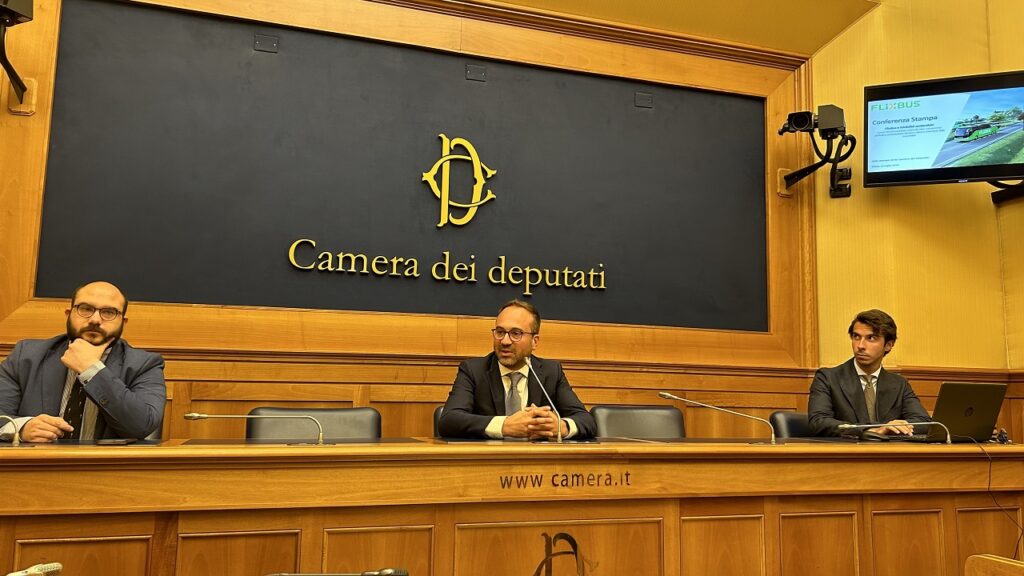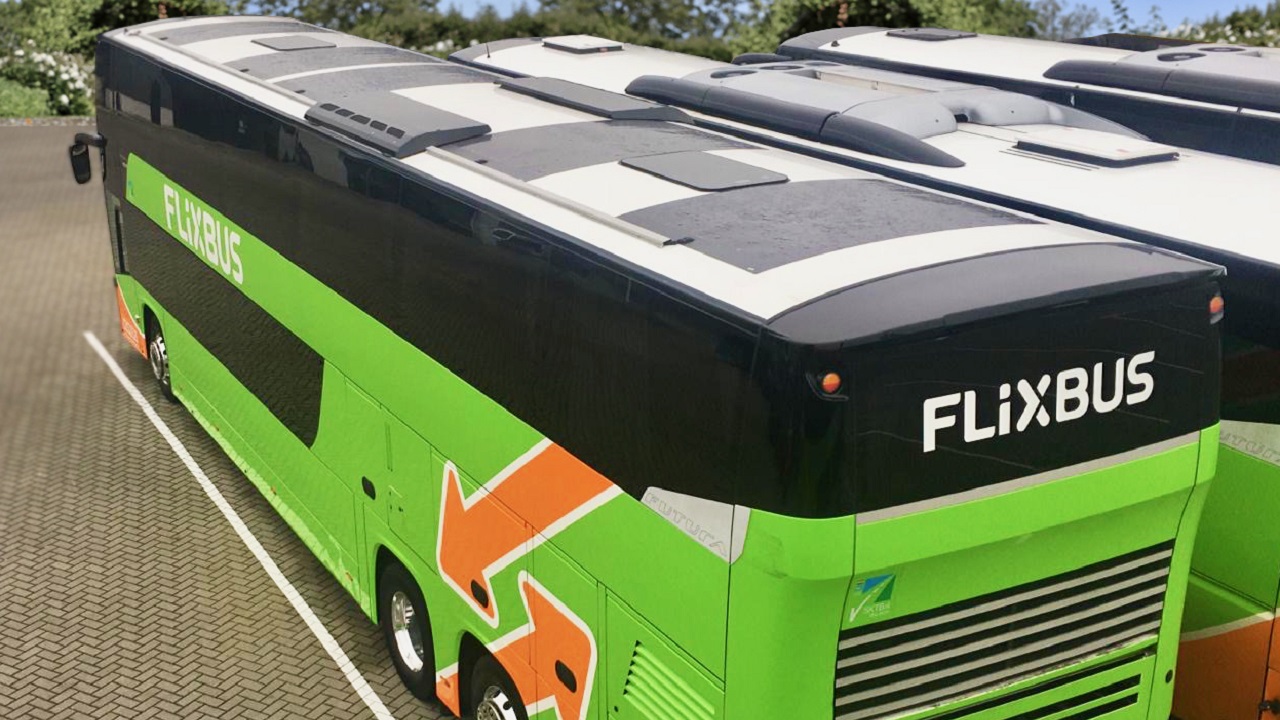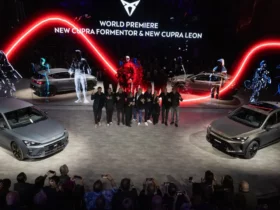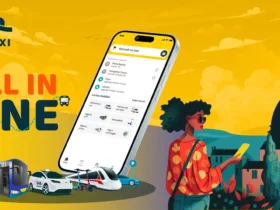Roma – On the occasion of the 8 brilliant years of his career, FlixBus introduced the new ones bus with solar panels. Sons of a great attention to green mobility, the initial project will initially concern two vehicles powered by solar energy for international routes Milan – Marseille and Milan – Munich. This is an ambitious initiative born from the collaboration between FlixBus and the operator Morandi Srl and in line with FlixBus’ goal of becoming a 100% climate neutral company.
Therefore, projects already operational in Europe are also starting in Italy where fully electric or biogas-powered vehicles are being tested. Also in Italy the goal is to make the fleet more sustainable and reduce CO2 emissions so as to make FlixBus a Zero Emissions company by 2040. The project also served this purpose “Evadys” which allows for reduce CO2 emissions by around 17%..
Not surprisingly, together with the announcement of the first buses in Italy powered by solar panels, Flixbus presented its first voluntary report of sustainabilityin order to monitor its efforts even more efficiently and further increase the level of transparency in communication with its stakeholders.
Finally, the company has joined the Science-Based Target initiative (SBTi)a project that provides companies with a framework for monitoring their activities in terms of greenhouse gas emissions and limiting them as foreseen in the Paris Agreement.
The FlixBus with solar panels: the presentation in Rome

The announcement took place in Rome at the Press Room of the Chamber of Deputies where they participated Andrea IncondiCEO of Flixbus Italia and the Honorable Jerome Cangiano (FdI), member of the Transport Commission of the Chamber. The latter, during his speech, stated that: “This government is constantly engaged on issues related to the fight against pollution. For our part, thanks to the work of the Transport Commission, we give maximum availability for a comparison with important companies such as Flixbus. We can only be attentive to those who, in the transport sector, are committed to making mobility increasingly sustainable”.
Andrea IncondiCEO of FlixBus Italia, explained instead: “Compared to the vehicles used so far, the two buses equipped with solar panels will allow a saving of fuel by 3 – 4%, with a consequent daily reduction of CO2 emissions of over 15 kg. In fact, if we consider the average distance of both lines departing from Milan (about 500 km), it is possible to foresee a reduction of at least 6 liters per day and over 2,000 liters of fuel in a year. These two vehicles are added to the others six FlixBus buses equipped with solar panels, already operational in Europe, three of which in Spain, used on the international Barcelona-Bordeaux and Barcelona-Nantes routes, two in Germany, on the Munich-Freiburg and Munich-Milan routes, and one in the Benelux region , used on the Paris-Eindhoven section.”
The interest shown right from the start by the IPI demonstrates the importance of reiterating how necessary it is, for the development of collective mobility, to continue also in the process of digitization and simplification of the bureaucratic process as a solution to increase competition in the sector of passenger transport.
















Leave a Reply
View Comments